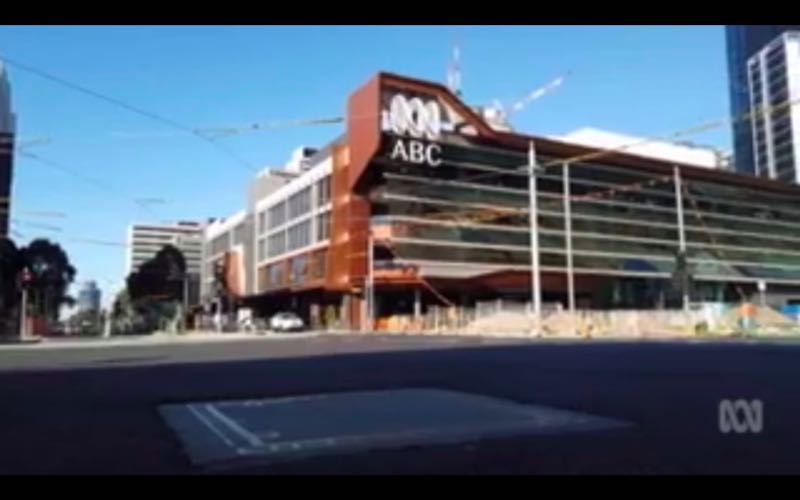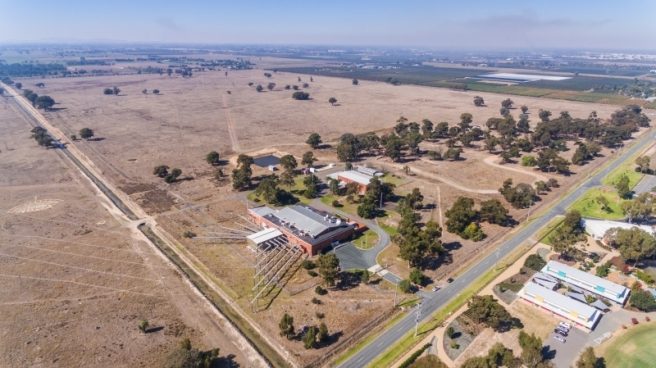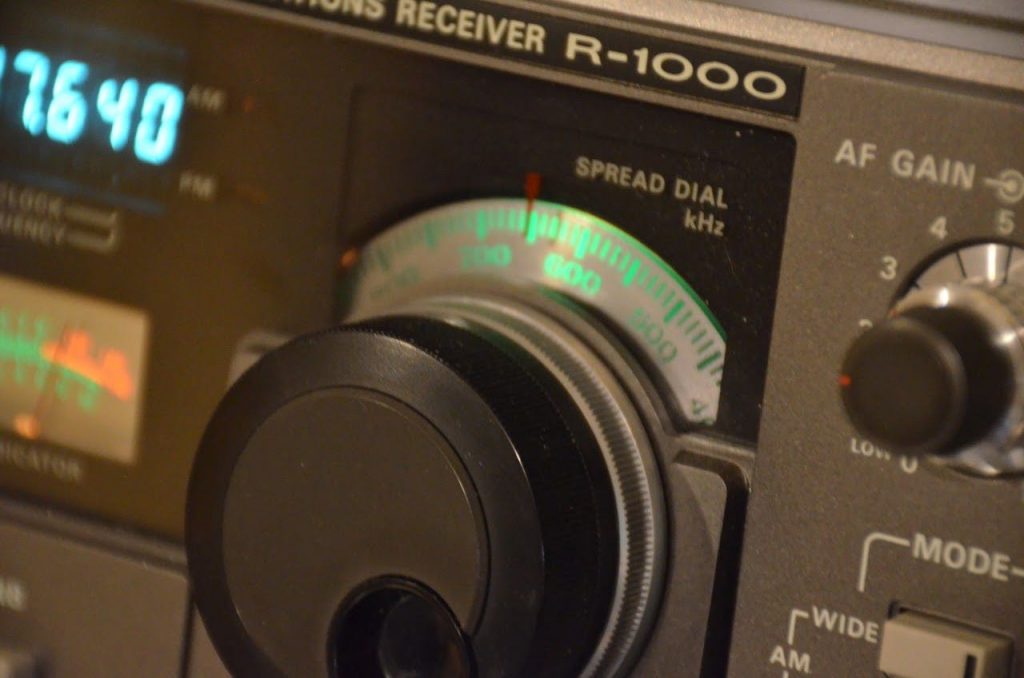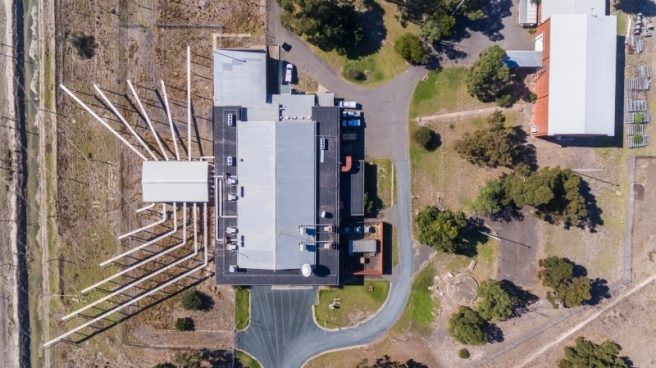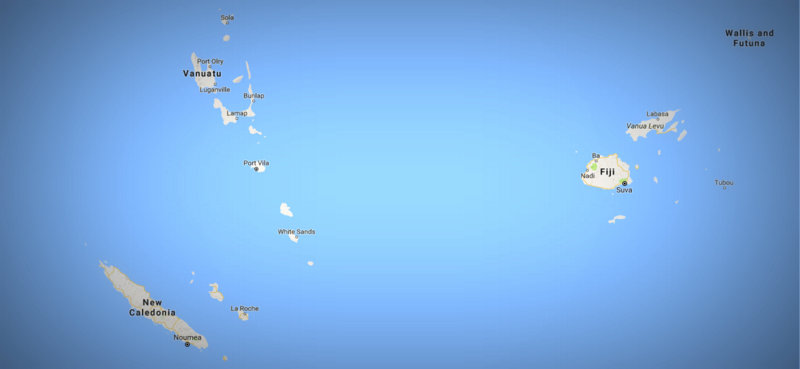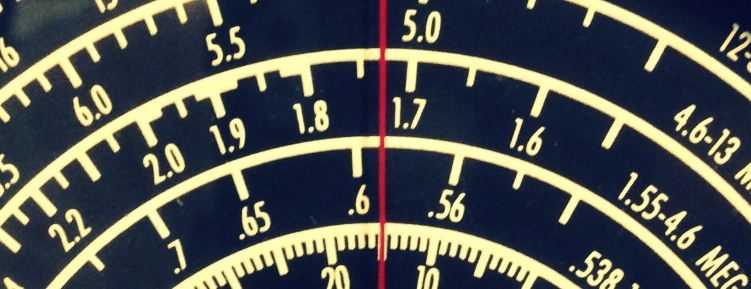
(Source: Devpolicy Blog via Mike Bird)
On our Australian doorstep is an amazing place, Papua New Guinea. Seven of us were there for the month of August, exploring a remote region of islands and atolls in the Massim district of Milne Bay Province by boat, visiting places most people would not think of seeing.
[…]As Australians we were warmly received everywhere. Australia was the PNG administrator for decades and has left many good things in place. The Australian influence was there in diverse ways, including an inspired wooden Hills Hoist and outdoor bench setting at Boagis village, way out at the extreme end of PNG territory.
[…]But there was a worrying side that we shared. We visited many remote islands where basic services are deplorable, particularly their health services. At one sub-provincial health centre in Guasopa village [Woodlark Island], they had nothing but Panadol. We shared our first aid resources and knowledge, and treated those we could with spare drugs we had brought from Australia. There are so many issues facing PNG that we despaired at its future prospects.
Australia is the lucky country, but right now New Guinea is not. We were most surprised and quite angry to learn that Radio Australia no longer transmits to the region, or even the wider Pacific. One small service that Australia could offer is the return of shortwave radio.
The island of Panaeati, south of Misima, is typical of many we visited. It has a population of 2,080 people, many well educated, and fluent in English. The missions and the former Australian administration are responsible for this. Our contacts there expressed great disappointment at the loss of Radio Australia services in January 2017. So much so, that they discussed the prospect of raising a petition at local government level to the Australian government.[…]
Click here to read the full article at the DevPolicy Blog.

